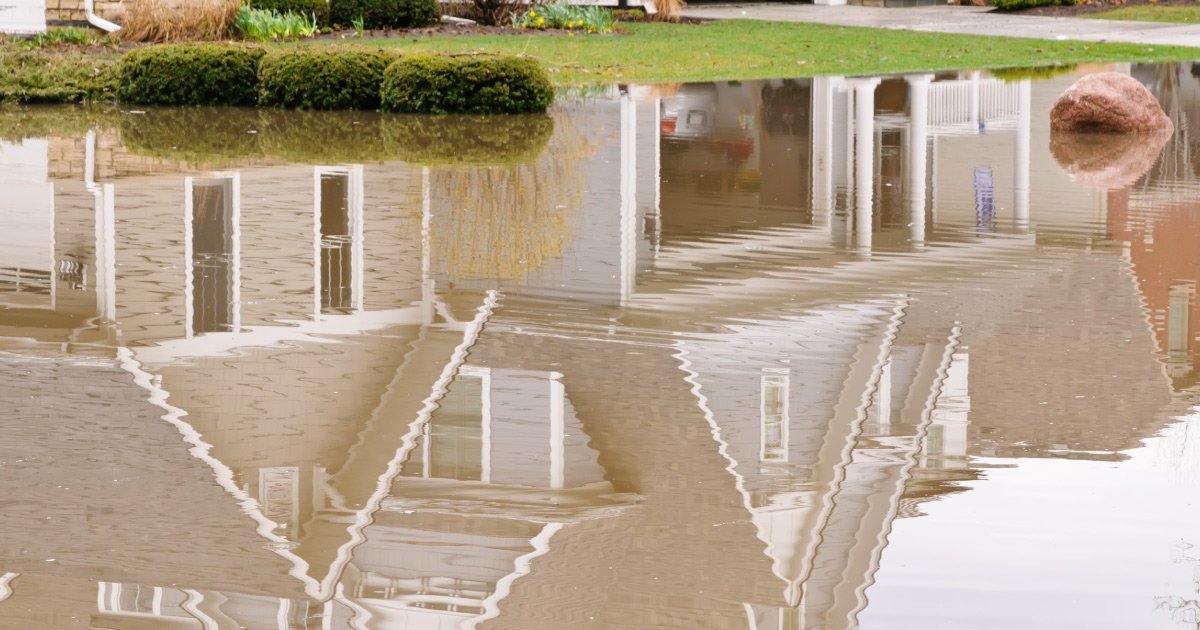Spring has sprung, although you wouldn’t know it by the late winter weather throughout the country. But as sure as sun follows rain, garden planting and spring cleaning will be upon us all real soon. At the risk of being a wet blanket, I will point out that spring brings more than April Showers and May flowers; keep in mind that spring often means flooding.
Heavy rains, snow run-off, and saturated soils can turn creeks and rivers into torrents, breaking levies, and making streets become rivers. So ask yourself: how prepared are you to experience a flood in your hometown?
To adequately answer this question, you may need to do a little research. Some cities have emergency plans in place that directly address flooding. This information is often readily available on city government websites. Flood plans usually take into account which areas will be set up as evacuation centers, which streets will be closed, etc; essential information to have during a natural disaster.
Do you happen to know where the floodplain lies, and its general proximity to your house? To my knowledge, the United States has few helpful markers like this Japanese one that says, “do not build below this line.” The American version of this would probably be municipal plat maps that mark out flood plains. If you happen to know of any markers in your area, pay attention. Few municipalities will even allow people to build homes in places where there is a lot of known flooding, but it's always good to double check all the same.
What about the location of dams or reservoirs? Statistically speaking, dams are not very likely to break. But there was that incident with the Teton dam that one time, so I thought I'd mention it.
Having an understanding of your home's construction can help you prepare as well. As an example, many of the homes that survived Hurricane Harvey were compliant with newer building codes that stipulated that they be build on higher ground.
Simply being aware of possible dangers can help you alleviate some of the damage, but only if you do something about it. Keep in mind that the damage done to New Orleans in Hurricane Katrina had been predicted before the event. No one seriously considered that the city would actually be hit with a hurricane powerful enough to break the levies, so nothing was done.
So what can you do, once you have relevant information in hand? First and foremost, have an evacuation plan, and don't forget to have a couple of run-throughs. Take minimal precautions, like getting flood insurance if you know you live in an area that is prone to flooding. There are free apps you can download for your phone that will keep you up-to-date with flood warnings and alerts.
Probably the most important thing you can do is update your emergency kits. I can never stress this enough – an emergency kit is not something you buy and then let it sit, unused and unlooked at for thirty years. Granola bars expire, elastic in spare socks can degrade and yellow. A truly effective emergency kit is updated at least twice per year. Every member of your family should have one, and each person should know what is in your kit. (Note: if you decide to keep sweets in your kit for the purpose of building morale, perhaps keep that little detail secret from your kids. No closet shelf is too high for a four-year-old when it comes to Replaceing candy.)
Sometimes, even after all you can do, all your research and planning, you are still hit with disaster. It happens. No one could have predicted the insane amount of water that Hurricane Harvey dumped on Houston. I lived in that part of Houston for many years, and we never saw that level of flooding before, though we had experienced our fair share of storms – I almost had to postpone my wedding because of Hurricane Rita.
The people who fare the best even when the worst happens are those who are well-informed and well-prepared. Today is not too soon to start.


1 comment
Ahmed Hamed
Good article with useful information.